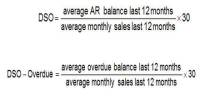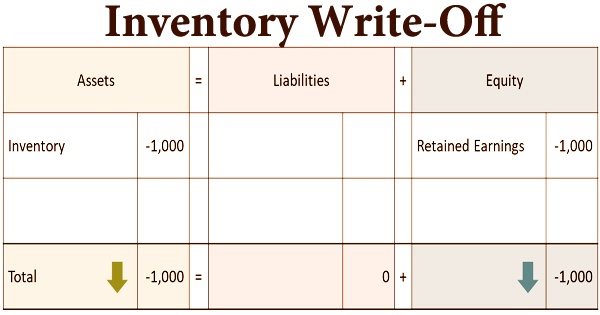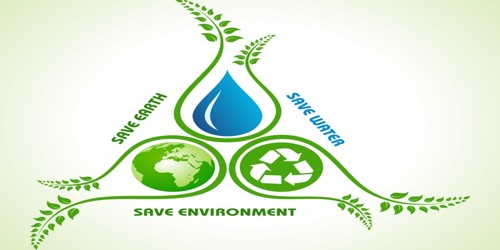Sustainability accounting is a type of accounting that considers the environmental, social, and economic impacts of a company’s activities. It involves measuring and reporting on a company’s performance in these areas, as well as identifying opportunities for improvement.
The goal of sustainability accounting is to provide information to stakeholders, such as investors, employees, customers, and the public, about a company’s sustainability practices and performance. This information can be used to make informed decisions and hold companies accountable for their actions.
Sustainability accounting is a subcategory of financial accounting that focuses on the disclosure of non-financial information about a firm’s performance to external stakeholders such as capital holders, creditors, and other authorities. It was developed about 20 years ago. Sustainability accounting encompasses an organization’s activities that have a direct impact on society, the environment, and its financial performance.
In managerial accounting, sustainability accounting differs from financial accounting in that managerial accounting is used for internal decision making and the development of new policies that will impact the organization’s performance at the economic, ecological, and social (known as the triple bottom line or Triple- P’s; People, Planet, Profit) levels. Sustainability accounting is frequently used to create value within an organization.
Sustainability accounting can cover a wide range of issues, including greenhouse gas emissions, water and energy usage, waste management, social and labor practices, supply chain management, and community engagement. Companies can use a variety of tools and frameworks to report on their sustainability performance, such as the Global Reporting Initiative (GRI) Standards, the Sustainability Accounting Standards Board (SASB) standards, and the Integrated Reporting Framework.
Organizations use sustainability accounting as a tool to become more sustainable. Corporate Sustainability Reporting (CSR) and triple bottom line accounting are two of the most well-known and widely used metrics. These acknowledge the role of financial information and demonstrate how traditional accounting is extended by reporting on the Triple-to P’s improve transparency and accountability.
As a result of triple bottom line reporting, and in order to render and ensure consistency in social and environmental information, the GRI (Global Reporting Initiative) was established with the goal of providing guidelines to organizations reporting on sustainability. Guidelines have been developed in some countries to supplement the GRI. According to the GRI, “reporting on economic, environmental, and social performance by all organizations is as routine and comparable as financial reporting.”
By implementing sustainability accounting practices, companies can improve their environmental and social performance, reduce risks, and enhance their reputation with stakeholders. Additionally, sustainability accounting can help companies identify new business opportunities and improve their financial performance over the long term.
















